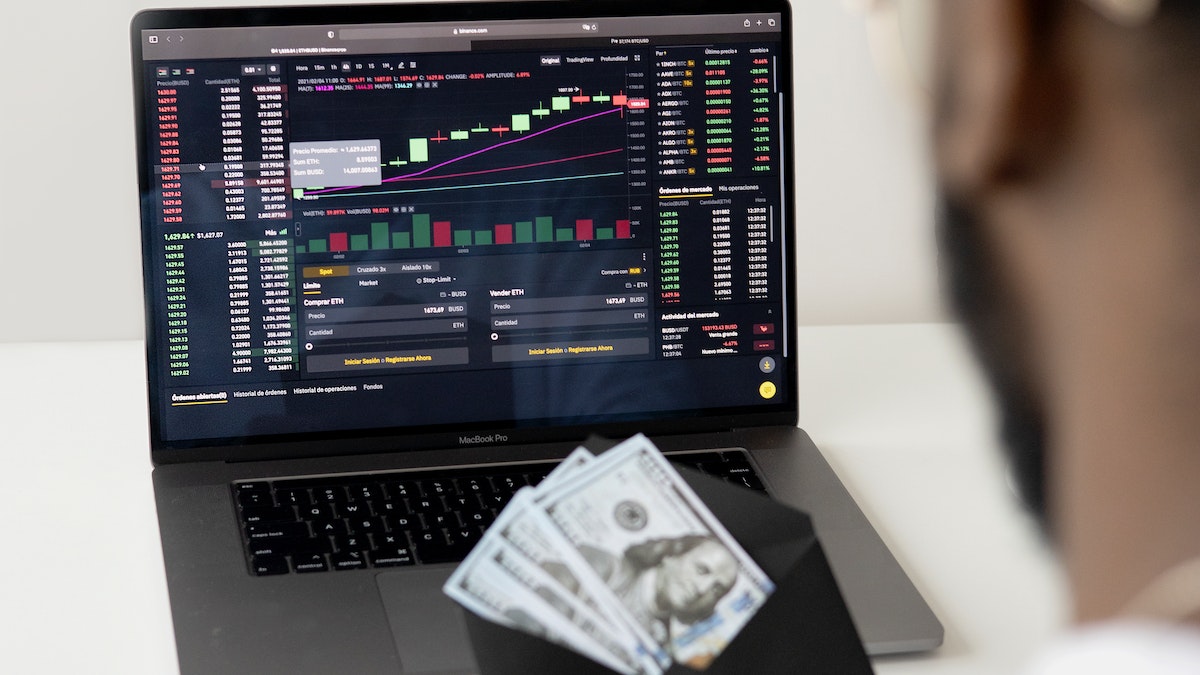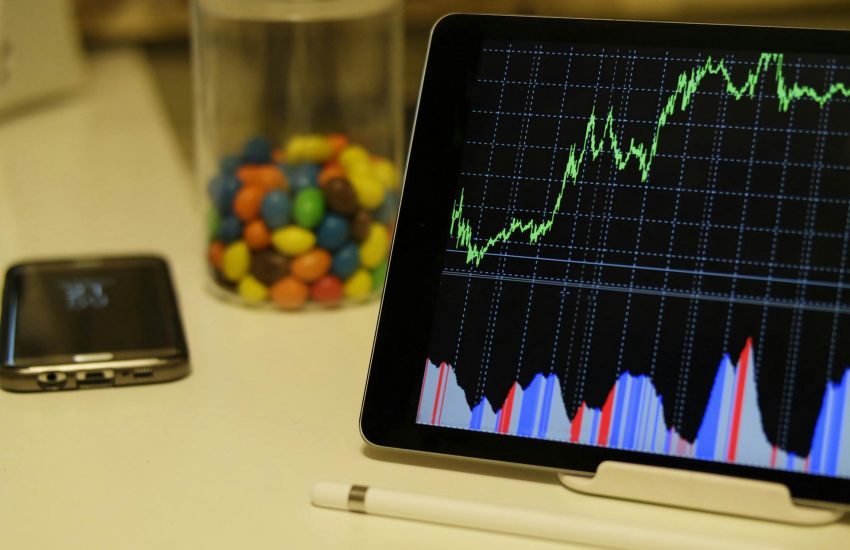How to Read and Interpret the Economic Calendar in Forex
Ah, the economic calendar! It’s like the trader’s crystal ball, giving us a glimpse into the future of the forex market. But hey, reading and interpreting this magical tool can be a bit daunting, especially for beginners. Don’t worry, my friends, because today we’re going to unlock the secrets of the economic calendar and learn how to navigate its intriguing terrain with finesse and confidence. So grab your reading glasses and let’s embark on this exciting journey!
The Economic Calendar: Unveiling Market-Moving Events
The economic calendar is like a treasure trove of scheduled economic events, announcements, and reports that have the power to shake up the forex market. It’s your go-to guide for staying informed about upcoming events that may impact currency prices. From central bank decisions to employment data, GDP releases to inflation reports, this calendar has it all.
Breaking Down the Event Details
Now, let’s delve into the juicy details of each event listed on the economic calendar. Each event typically includes important information such as the name of the event, the country or region it pertains to, the date and time of release, the expected value, the previous value, and sometimes even a brief description.
The event name gives you a clue about what it represents. For example, “Non-Farm Payrolls” reveals insights into employment data in the United States, while “Consumer Price Index (CPI)” unveils inflation figures. The expected and previous values help you gauge the market’s anticipation and understand how the new data compares to the previous release.
Impact Assessment: High, Medium, or Low?
As you peruse the economic calendar, you’ll notice that each event is assigned an impact rating—high, medium, or low. This rating indicates the expected level of market volatility and reaction to the event. High-impact events, such as central bank decisions or GDP releases, tend to have a more significant impact on currency prices compared to low-impact events like minor economic reports.
Time to Trade: Preparing for the Event
Now, here’s the exciting part—preparing to trade based on the economic calendar. When you come across a high-impact event that aligns with your trading strategy, it’s time to gear up! Make sure you’re aware of the event’s date, time, and expected impact. Consider factors like market sentiment, recent trends, and technical analysis to form a comprehensive view.
Understanding Market Reactions
As the news hits the market, brace yourself for some action! The actual value of the event will be released, and the market will react accordingly. If the actual value exceeds expectations, it could trigger a bullish reaction for the associated currency. Conversely, if the actual value falls short, a bearish reaction may occur.
Keep in mind that market reactions can sometimes be unpredictable, as other factors may come into play. That’s where your skill in interpreting market sentiment and reading price charts comes into play. Stay nimble, my friends, and adapt to the ever-changing market dynamics.
Tips for Mastering the Economic Calendar
To truly master the art of reading and interpreting the economic calendar, here are a few tips to keep in mind:
- Stay organized: Use a reliable economic calendar tool or platform that provides accurate and timely information.
- Prioritize high-impact events: Focus on events with a higher probability of significant market movement.
- Combine with technical analysis: Blend your understanding of news events with technical analysis to identify potential entry and exit points.
- Practice risk management: Set stop-loss orders and manage your risk exposure during volatile news releases.
- Stay updated: Continuously monitor the economic calendar for any revisions or additions to events that may impact your trades.
Conclusion: The Economic Calendar as Your Trading Compass
Congratulations, my fellow traders! You’ve now unlocked the secrets of the economic calendar. It’s your trusty companion in navigating the twists and turns of the forex market. By reading and interpreting this powerful tool, you gain valuable insights into market-moving events, assess their impact, and make informed trading decisions.
So, embrace the economic calendar, and let it be your trading compass as you voyage through the exciting world of forex trading. May your trades be prosperous and your pips abundant!
FAQs
1. How often is the economic calendar updated? Economic calendars are typically updated in real-time or at regular intervals to reflect any revisions or additions to scheduled events. Make sure to use a reliable calendar tool that provides timely updates.
2. Are all high-impact events guaranteed to cause significant market volatility? While high-impact events have the potential to cause significant market movements, the actual market reaction may vary based on various factors. Stay vigilant, monitor market sentiment, and analyze price action for a comprehensive understanding.
3. Can I rely solely on the economic calendar for trading decisions? The economic calendar is a valuable tool, but it’s essential to consider other factors like technical analysis, market sentiment, and risk management when making trading decisions. Combine multiple sources of information for a holistic view.
4. Are low-impact events not worth trading? Low-impact events may have a smaller immediate impact on the market, but they can still provide trading opportunities, especially when combined with other factors or when they deviate significantly from expectations. Assess each event based on its potential impact and relevance to your trading strategy.
5. How can I stay updated on economic events and their impact? Make use of reliable economic calendar tools or platforms that provide detailed information about events and their expected impact. Additionally, stay informed through reputable financial news sources and analysis from experienced traders and market experts.



